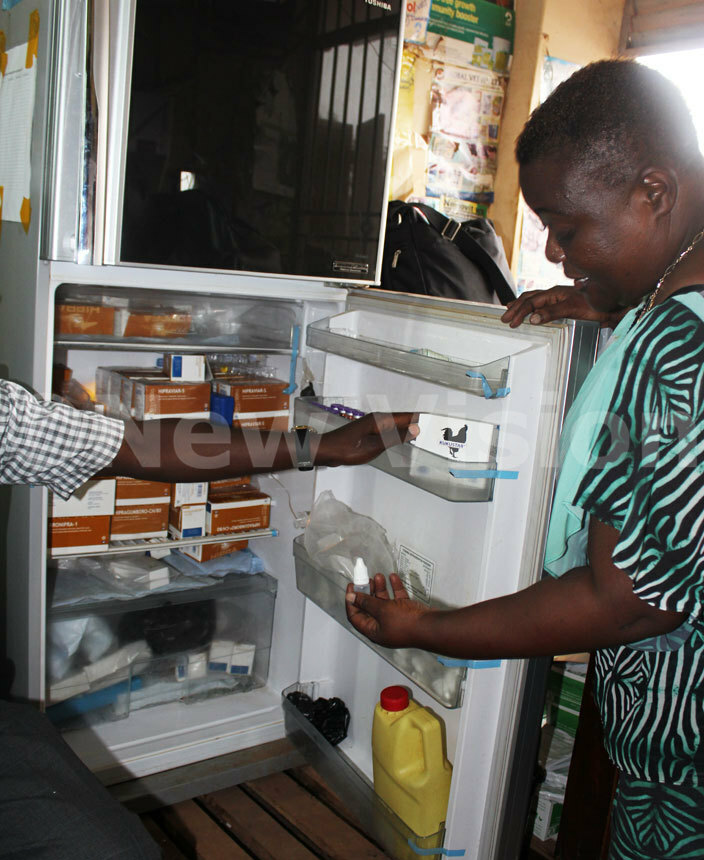Making markets to fight Newcastle Disease in Uganda
Whilst there is no cure for Newcastle Disease, vaccination is enough to control the disease and protect valuable chickens.
By Jessica Summers
Chickens are an important source of income and food for rural families across Africa. Newcastle disease, a highly infectious viral disease that affects poultry, can be fatal and wipe out entire flocks.
Whilst there is no cure for Newcastle Disease, vaccination is enough to control the disease and protect valuable chickens.
A new I-2 vaccine, which can last longer than a conventional vaccine, is making a huge difference to Ugandan poultry keepers' livelihoods, especially in rural areas.
Removing barriers
One of the biggest obstacles currently faced by small-scale farmers and poultry keepers is that vaccines quickly lose effectiveness if not kept refrigerated, usually within 2 hours.
The benefit of the newly registered I-2 vaccine is that it is thermo-tolerant, which means it can be stored for longer without refrigeration in temperatures up to 37◦C without losing its effectiveness.
This makes the vaccine much more user-friendly: even in remote rural areas, poultry keepers can administer the liquid vaccine themselves directly into birds' eyes or nostrils.
To help bring this vaccine to where it is needed most, the Global Alliance for Livestock Veterinary Medicines (GALVmed) has partnered with private vaccine manufacturer, Brentec, based in Kampala, Uganda.
 The newly registered I-2 vaccine is that it is thermo-tolerant
The newly registered I-2 vaccine is that it is thermo-tolerant
GALVmed is a non-profit organisation working towards available and accessible livestock vaccines for smallholder farmers, and this partnership is enabling Brentec to produce the I-2 vaccine (Brentec's branded vaccine is called Kukustar) and distribute it to rural areas.
Sarah Nanzala, a farmer who has been rearing chicken for more than five years has noticed a huge difference since using the vaccine: "I used to rear 50 chickens and around 20 would die as a result of Newcastle Disease. But since I started using Kukustar none of my chickens have died. I have been able to pay my children's school fees. I urge all farmers to use Kukustar vaccine and ask that manufacturers like Brentec keep bringing it to us." Muchiri Stephen is another farmer who has realised the importance of vaccinating chickens using Kukustar: "We are lucky that whenever we need to, we can vaccinate our birds. The fact that we can reduce the mortality rate of the birds is making farmers love keeping the birds."
Paying attention to poultry
Creating a long-term, viable vaccination market for poultry makes sense for all those involved. "With Kukustar, people are increasing their numbers of poultry. So I believe the vaccine is doing a good job in Uganda's economy, 80% of which relies on agriculture," explains vet and Kukustar distributer, Dr Florence Nahamya.
Extension worker for Buyengo sub-county in Jinja district, Uganda, Samson Ojakol, thinks the public-private partnership between GALVmed and Brentec is a wonderful approach, "the poultry industry in Uganda was neglected before," he says. "Now we're saving the life of birds and improving the lives of people."
A vial of Kukustar, which used to vaccinate one chicken, goes for as little as sh100.